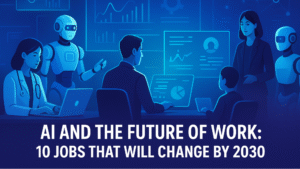AI chatbots are becoming increasingly sophisticated, capable of handling a wide range of customer inquiries and requests. They can provide instant support, answer frequently asked questions, and even resolve simple issues without human intervention. This automation significantly reduces response times and improves customer satisfaction. The use of AI chatbots in customer service is rapidly expanding, with businesses across various sectors adopting this technology. From e-commerce platforms to financial institutions, chatbots are streamlining operations and enhancing customer experiences. This trend is expected to continue as AI technology advances and becomes more accessible. Implementing AI chatbots can lead to substantial cost savings for businesses. By automating routine tasks, companies can reduce the need for human agents, leading to lower operational costs. This cost-effectiveness is a major driver for the adoption of AI chatbots in customer service departments. Furthermore, chatbots can handle multiple customer interactions simultaneously, improving efficiency and productivity.
AI and Cybersecurity: How Artificial Intelligence is Shaping the Future of Digital Safety
The digital world is growing faster than ever and so are the threats. Every year,




